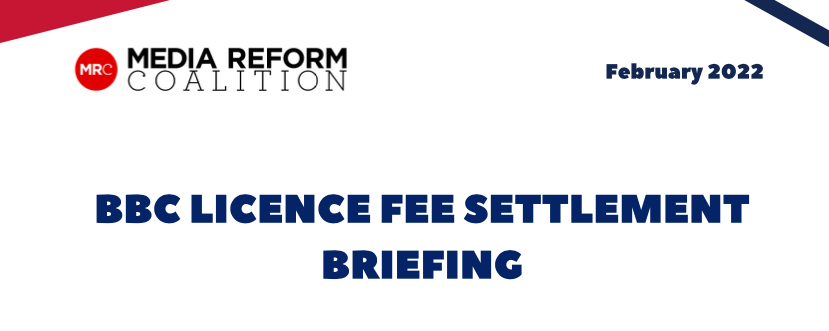This briefing, produced for the UK Media Influence Matrix, provides a summary of the government’s recent proposals for the licence fee, assesses its motivations and consequences, and identifies some potential action points including:
- Launching a petition declaring the public’s willingness to pay for public service broadcasting and to introduce funding measures that will avoid cuts to the BBC. In the short term, even a 5% rise in the price of the licence fee would only translate as an extra £7.95 a year, or an extra 63p per month. A petition is the ideal way to highlight this fact in a ‘viral’ way.
- Commissioning polling that compares support for a flat tax versus a progressive form of funding in order to take on board legitimate grievances about the shortcomings of the existing licence fee.
- Pointing out that relief for the poorest households paying for the TV licence could easily be organised: free licences for two million of the poorest households in the UK would cost £320m, equivalent to a range of small tax rises on the wealthiest UK households.
- Arguing that cutting the BBC’s funding harms households across the UK, especially the poorest, in a different way: by forcing the BBC to make further cuts to its programmes and services. Many households cannot afford to subscribe to Netflix (£120 a year for the standard package), Amazon Prime Video (£96 a year), Sky (£312 a year or £492 with Sky Sports), The Times (£312 a year for a digital subscription) or The Telegraph (£156 a year). These households, as we have already argued above, depend on the BBC across TV, radio and online.
- Launching an Early Day Motion calling on the government to explore longer-term and fairer alternatives, such as a Household Levy (as in Germany) or an independently administered public service fee (as in Sweden) to the television licence fee, that maintain universalism as a fundamental principle of paying for genuinely independent public service media content.



